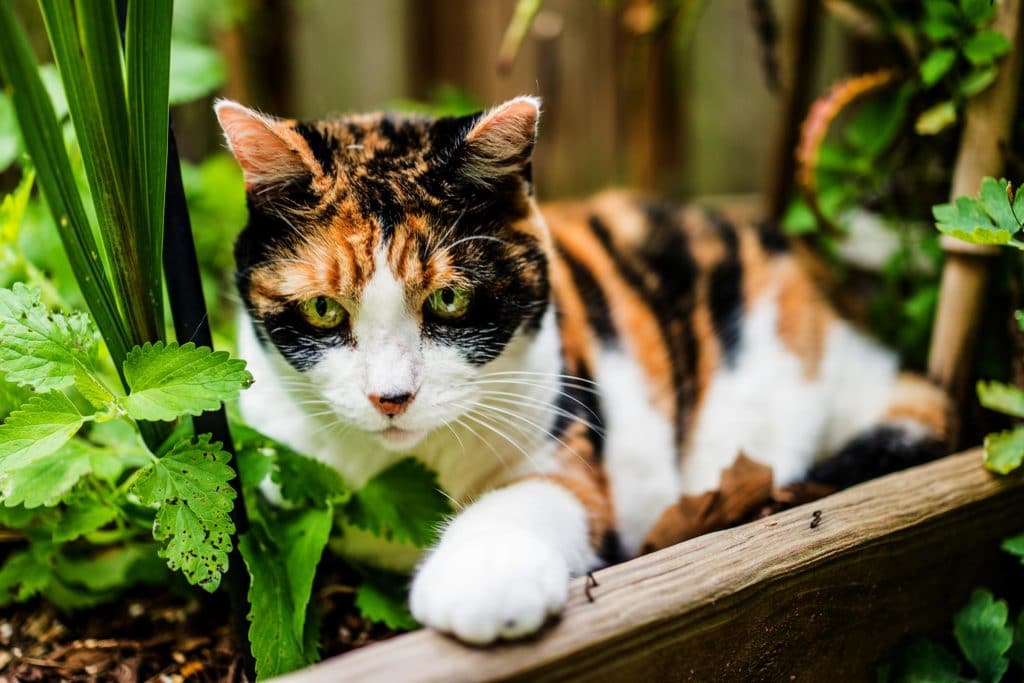The Federal office for consumer protection and food safety (BVL) warns of misuse
If in the spring, the temperatures rise slowly, the number of ticks and fleas. Pet owners have access therefore to the protection of your four-legged friend in front of ectoparasites on medicinal products with the active ingredient Permethrin. This active ingredient is, for example, for dogs safe, but in cats the active ingredient to serious poisoning can lead to death.
The Federal office for consumer protection and food safety (BVL) warned in a recent press release against a bad application of permethrin-containing veterinary medicinal products.

Permethrin-containing medicinal products since 2010, prescription
Especially in the use against ectoparasites such as ticks and fleas Permethrin is applied successfully for a long time for some house animals. Since 2010, the veterinary medicinal product with the active ingredient Permethrin, however, require a prescription, so these medications can be obtained only after a previous consultation by the attending veterinarian or the veterinarian.
Application in dogs is safe
Due to the compatibility in dogs, can acquire their owners since last year without a prescription directly to the pharmacy permethrin-containing medicines. Due to the simplified access for pet owners, the BVL again warns against a false application in cats. The unwanted Permethrin-contact between the dog and the cat can lead to life-threatening risks in the cat.
Effects in cats can be life-threatening
Since cats lack a specific enzyme for the conversion of the active ingredient Permethrin, may be signs of an application to severe poisoning and disorders of the Central nervous system. The consequences of these effects can lead to the death of the animals.
Symptoms of permethrin poisoning in cats
The main symptoms of permethrin poisoning in cats are:
- Cramps,
- Paralysis,
- increased flow of saliva,
- Vomiting,
- Diarrhea,
- Respiratory complaints.
The correct behavior in the case of a permethrin poisoning
If the above symptoms occur due to an accidental contact or a MIS-application of permethrin-containing medicinal products in the case of a cat, you should immediately become a veterinarian or a veterinarian consulted.
Furthermore, by the holder or by the treating doctor or health care professional unwanted medicines should be reported to reactions to the Federal office for consumer protection and food safety (BVL). This information will help the BVL, and to identify possible drug risks early on and, where appropriate, the necessary measures to minimise risk. (fm)
